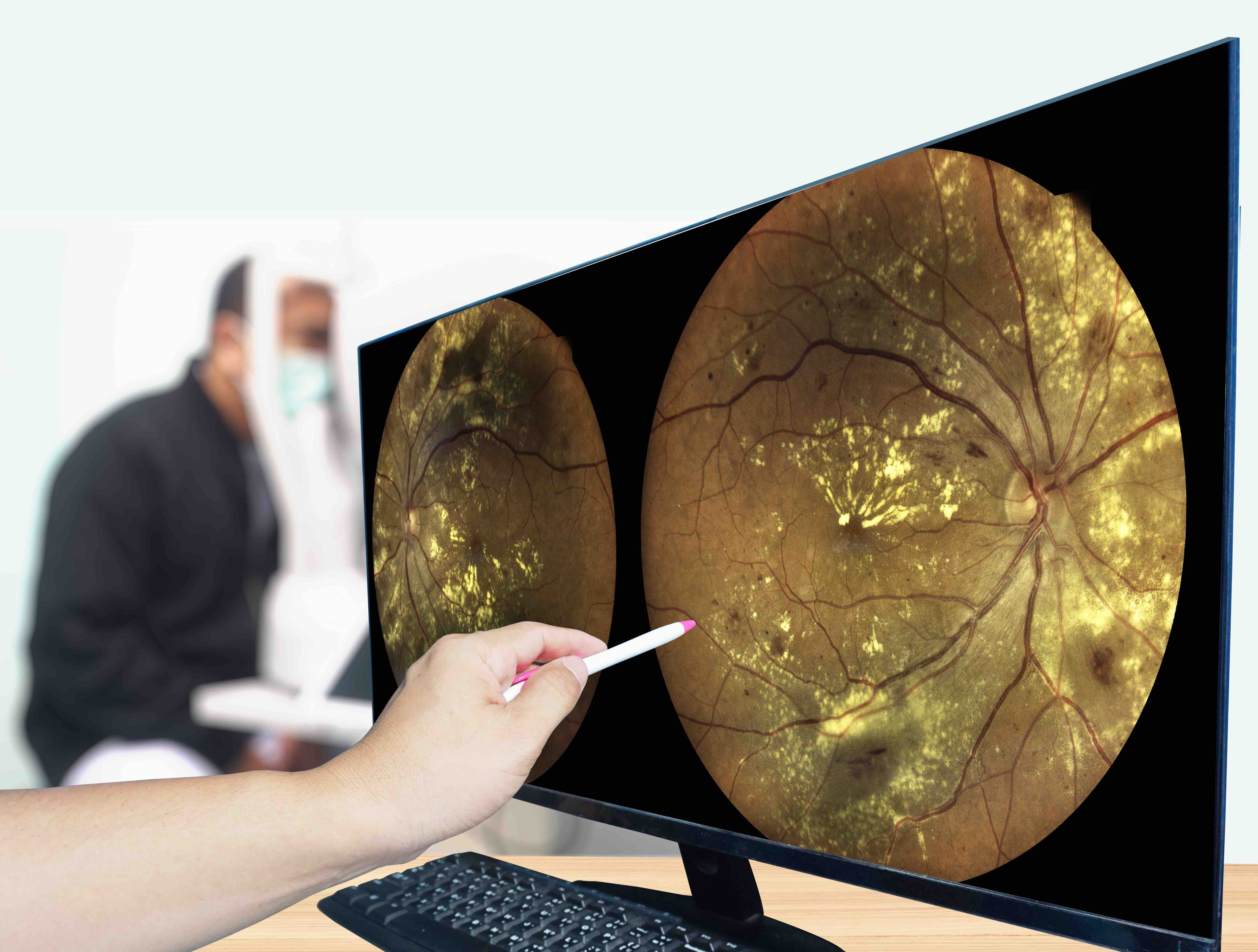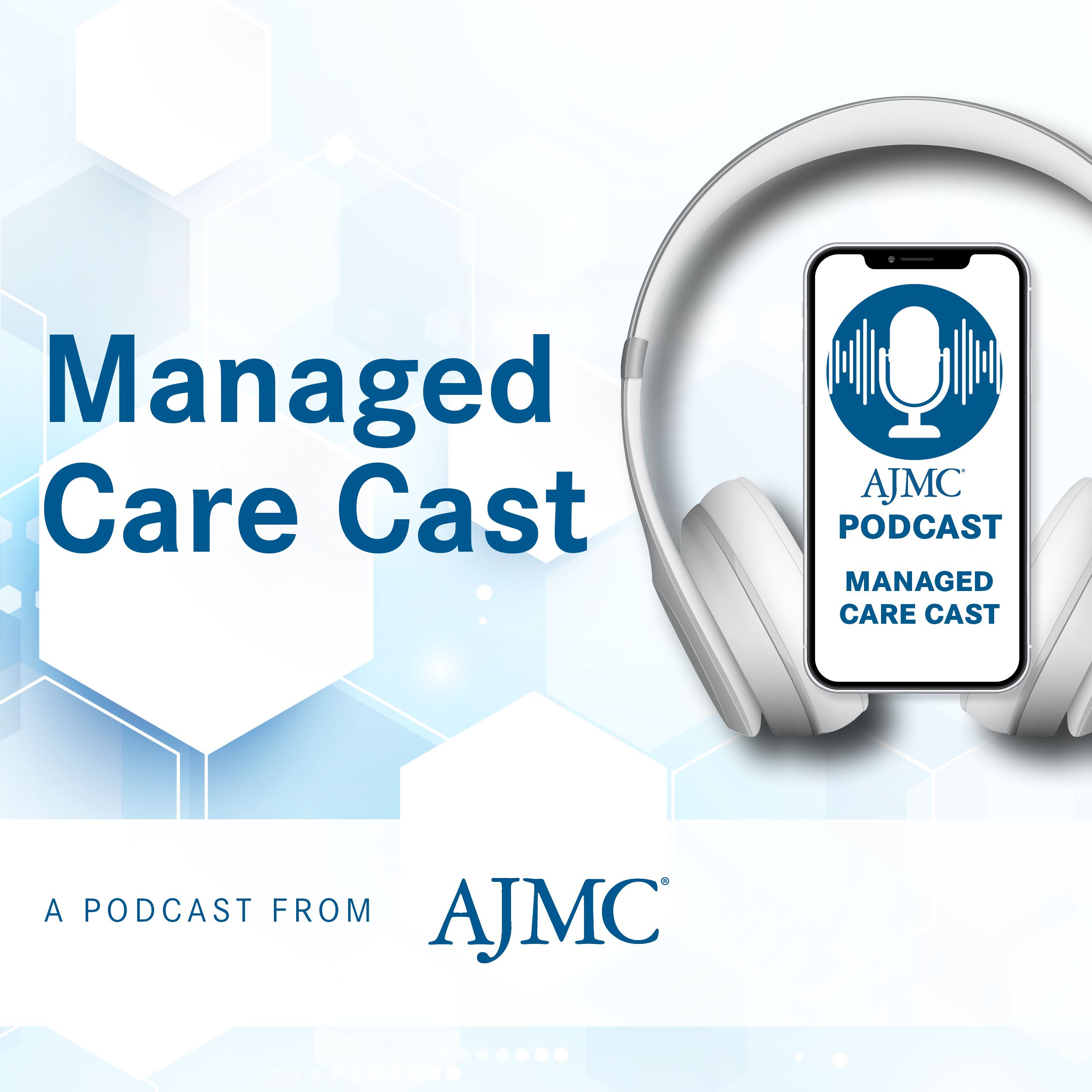Video
Dr Miruna Sasu: The FDA Can Help to Clean Up and Improve RWD Capture
Author(s):
Miruna Sasu, PhD, MBA, president and CEO of COTA Healthcare, discusses 3 ways in which the FDA can provide, and has provided, assistance on the capture of real-word data (RWD) in electronic medical records.
Miruna Sasu, PhD, MBA, president and CEO of COTA Healthcare, discusses 3 ways in which the FDA can provide, and has provided, assistance on the capture of real-word data (RWD) in electronic medical records.
Transcript
Can you go into more detail on what else the FDA needs to do to facilitate use of real-world data?
So, they've done a lot. I used to work for the federal government, so I’m a big believer that they need to see industry innovate and then respond to that. And they've done a lot so far. I think one thing I really respect that they did was ensuring the enablement of electronic medical records in general—that was a big deal.
And second was the guidance of how the real-world data should be used for clinical trial regulatory approvals. I think that was a big deal as well—just issuing that guidance to say, “We’re looking and we’re doing this work, and we are open to receiving external controls and databases,” and so on.
The third thing that I think that they can do and should do goes along with the electronic medical records piece. Now that we're going into using electronic medical records for clinical trials and augmenting clinical trials, to ease the burden on patients, to ease the burden on providers, one area of expansion of that would be to capture the data in a way such that it looks more like a clinical trial. And that is at the provider level. Statisticians have a saying, “Garbage in, garbage out.” So, if the electronic medical record, the input into that, is really, really messy, you can only do so much to clean it up and place it in a database for use. But if, at the source, when entering the data, you were very, very clean about how you entered it—and it was processed in an almost clinical trial–like way—then what you can segment out of that data is a lot cleaner and better.
So, I would argue that the FDA should help us figure out a way and help providers figure out a way to work on their electronic medical record data capture, so that it looks a little closer to clinical trial data.





